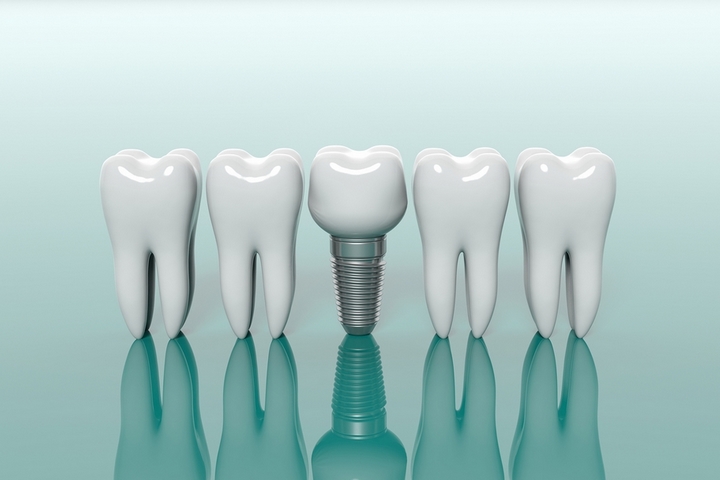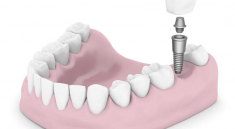The various pillars of health that comprise our well-being must always be taken care of. Our physical health is important for obvious reasons. Without our body’s ability to regulate itself, we may not be able to function. Similarly, our mental health remains as important as our overall well-being reflects our current mindset.
One aspect of our health that should be prioritized is our oral health. Should anything afflict our teeth or gums, it may be time to consider some specific treatment options. Dental implants are the way to go if you are a patient looking for a solid treatment for missing teeth.
Let’s learn what to expect with dental implants.
Should you get dental implants?

As mentioned previously, our oral health needs to be taken care of every step of the way. However, that decision may sometimes be out of the patient’s hands. Through age or a hereditary condition, teeth may fall out faster than expected. Should this occur, a series of treatment choices must be made.
At the moment, there are multiple forms of treatment options for those trying to replace missing teeth. While dental implants are a great choice, patients still need the right information. Speak to your preferred oral health care specialist, and get as many details on the process as possible.
Prerequisites to dental implants

Oral healthcare specialists will speak to their patients and discuss whether they qualify for implants. Generally speaking, if you are someone who has more than one missing tooth, implants are warranted. On the other hand, other factors could also determine your potential for this treatment.
For example, you may have a jawbone that has reached full growth. When this happens, there could be impacts on the gum and tooth area, necessitating implant treatment. Moreover, some patients may not be fond of dentures and prefer a more permanent solution. It’s not as simple as going to a walk-in clinic; ensure you qualify for the treatment first!
Length of procedure

Many factors go into what should be expected of an implant procedure. Namely, there is the amount of time to be considered. A dental implant procedure can take months and may sometimes be completed in one year. That is because recovery from the overall process takes up most of the procedure.
The effects of dental implants may not be felt immediately, but they can be felt in subsequent weeks. As a result, you will be instructed to take the prescribed medications to expedite healing. You may also receive multiple other treatments to facilitate that overall process.
Preparation

After qualifying for the dental implant procedure, you must prepare yourself. Generally speaking, your oral health specialist will advise you on certain areas. For instance, a specialist must be seen for unique issues around your eyes, nose, or throat. This is done to ensure that nothing goes wrong with the subsequent procedure.
At other times, a holistic dental exam may be required. X-rays, and other 3D imagery of your mouth area, will be taken. You will be informed what to do next should any action be warranted. Normally, this will not be cause for concern, and you can move ahead to the implant stage itself!
The Procedure

Now, it will be time to undergo the dental implant procedure. After putting the patient on an anesthetic, the operation will occur while the patient is asleep. As for what the oral surgeon does, an incision will be made in the gum to expose the bone. A dental implant metal post will be placed into the bone’s root, now acting as the tooth root.
Abutment

Additional surgery may be needed after the primary stages have been finished. This is called an abutment, which describes the piece to which the crown will attach to eventually. Again, an anesthetic may minimize as much patient pain as possible. After a successful surgery, the next few steps will be fairly simple.
Post-Surgery Expectations

The recovery above process is just as detailed as you’d come to expect. As a result, it is vital to follow all of your specialist’s directions regarding healing. In the aftermath of the actual operation, expect some pain or minimal bleeding.
It is also essential to let your specialist know of any intense pain you are experiencing. While it is normal to expect this, consistent pain on this level should not occur. Then, take your medication and allow the mouth to recover efficiently!




